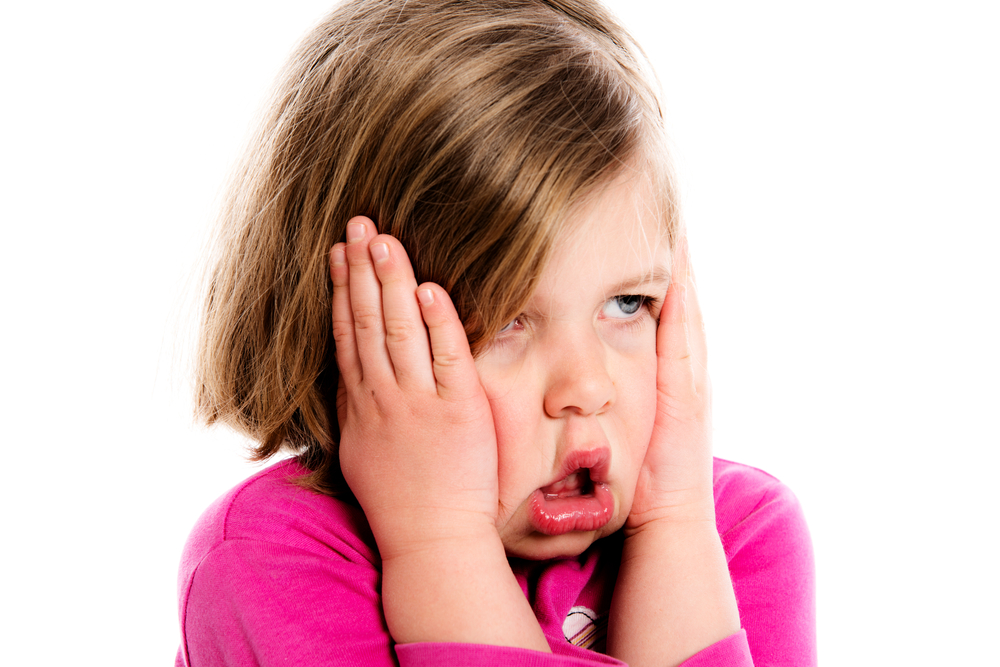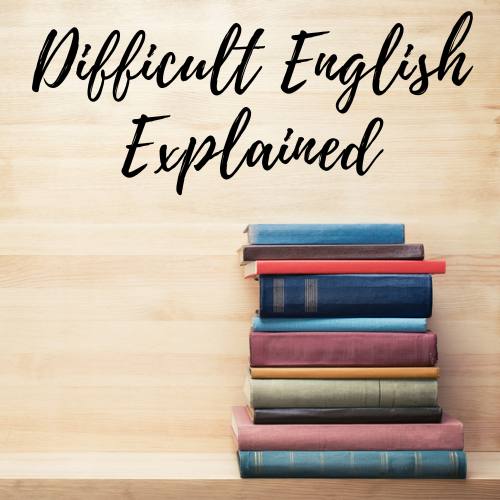
“How do I know what ‘get’ means?” I hear this question from my students regularly. I understand their confusion. If you look up “get” in a dictionary, you might see anywhere from 10 to 20 definitions. That is really scary. However, I have some good news. There is a much easier way to remember how to use “get.”
Instead of memorizing dozens of meanings, it’s better to organize the meanings of “get” into groups. Each group is easy to recognize because it is based on what comes after “get.” One thing to note — I am talking about “get” as a single-word verb. I am not going to discuss phrasal verbs with “get.” That is a very different topic. So, let’s dive into the details.
Get + Noun or Pronoun
When “get” is followed by a pronoun, a noun, or a noun phrase, it means “to obtain” in some form. How the object was obtained depends on the object and the context. Let’s look at some examples:
- I got a package in the mail this morning. (I received a package.)
- I like your scarf. Where did you get it? (Where did you buy it?)
- After graduating from university, it can be difficult to get your first job. (It’s difficult to find your first job.)
In the dictionary, these meanings are all listed separately. It looks like they’re all different, but if you think about it, “receive,” “buy,” and “find” have the idea of “obtain” in common.
Get + Adjective
When “get” is followed by an adjective, the meaning is usually “become.” Here are some examples:
- When you are ill, you must rest. Otherwise, your illness will get worse. (It will become worse.)
- I always get hungry after exercising. (I become hungry.)
In English, we often use past participles of verbs as adjectives. When “get” is followed by a past participle, you still have the meaning of “become,” but you also have the idea that the subject of the sentence played a more active role in what happened. For example:
- I got dressed in a hurry. (I became dressed because I did it myself.)
- Kathy is getting married in July. (Kathy will become married by participating in a ceremony.)
- John got lost because he didn’t know the city well. (John became lost because he didn’t know the city well.)
Get + Noun + Adjective
When “get” is followed by a noun and an adjective, we get a causative meaning. It means “to make someone or something become.” For example:
- I must get [my work] [finished] before the deadline. (The work must become finished, and I will make this happen.)
- Jane will get [the conference room] [ready] for our presentation. (The conference room will become ready, and Jane will make this happen.)
Get + Noun + Verb
When “get” is followed by a noun and verb, again we get a causative meaning. It means, “to make something happen.” The verb must be either an -ing verb or an infinitive verb. Here are some examples:
- My car wouldn’t start, but I got [it] [working] again. (I made the car work again.)
- I can’t get [the children] [to behave]. (I failed to make the children behave.)
Which verb form should you use? Normally, if the action is realized, if it actually happens, then you use the -ing form. If the action is hypothetical or unrealized, then you use the infinitive form. For a deeper discussion of this topic, check out my earlier post.
Get + Infinitive Verb
When “get” is followed by an infinitive verb, it means “to have an opportunity,” or “to be able to do (something).” For example:
- He never got to go to college. (He never had the opportunity to go to college.)
- She was so busy that we didn’t get to see her. (We were not able to see her.)
Get + Prepositional Phrase
When “get” is followed by a phrase starting with a preposition, it means “movement” of some type. How the movement happens and what the results are depends on the preposition and its object. The “movement” idea and the meaning of the preposition join to make the final meaning. Here are some examples:
- I saw my mother get into her car. (get + into = enter)
- Mary got on her horse and rode to her farm. (get + on = mount)
- I got to the airport early. (get + to = arrive)
- I got out of the meeting early because I had another appointment. (get + out of = exit)
This group is the most challenging of all because you must understand the meaning of the preposition that is used with “get.” Prepositions show relationships between objects. The type of relationship that a preposition shows and the objects that you use will decide what the final meaning is. The good news is that you can use your common sense to discover the correct meaning.
To summarize, “get” has multiple meanings, but you can discover which one by looking at what follows “get.” The objects of the verb will quickly tell you which meaning is appropriate. If the object is a noun, the meaning is “to obtain” in some way. If the object is an adjective, it means, “to become.” If it is followed by a prepositional phrase, it means “to move” in some form. If it is followed by a noun and an adjective or a noun and a verb, it has a causative meaning.
I am deeply indebted to the work of Raymond Murphy and Michael Swan for the content of this post. Both have long and distinguished careers as teachers and writers for students of English. Their books have made my life as a teacher much easier than it would otherwise have been.
References
Murphy, Raymond (2007). Essential Grammar in Use, Third Edition. Cambridge University Press, Cambridge, UK
Swan, M. (2005) Practical English Usage, Oxford, England: Oxford University Press.
The Brittanica Dictionary, https://www.britannica.com/dictionary/get, Accessed Sept. 12, 2024
Would you like to support my content? Make a donation at Buy me a Coffee!
Get notified of new blog posts on my Telegram channel. Sign up at https://t.me/diffengexplnd.
